Cards Against Humanity's Tariff Tactic: A Calculated Move to Avoid US Printing Costs
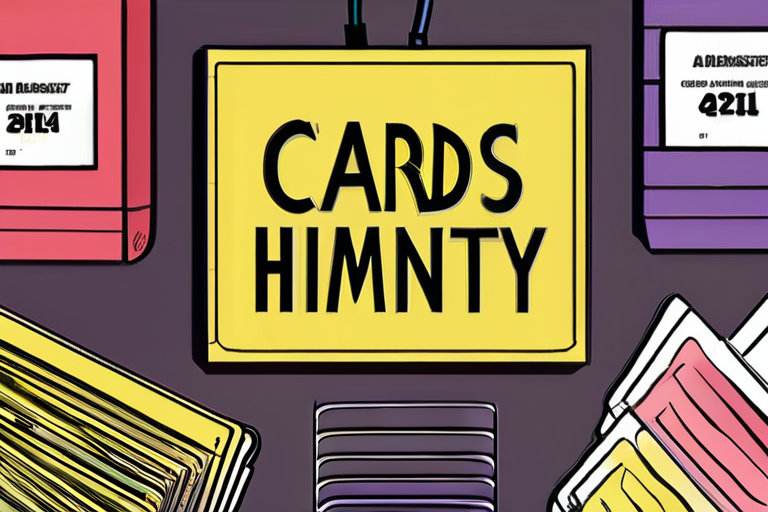

Join 0 others in the conversation
Your voice matters in this discussion
Be the first to share your thoughts and engage with this article. Your perspective matters!
Discover articles from our community
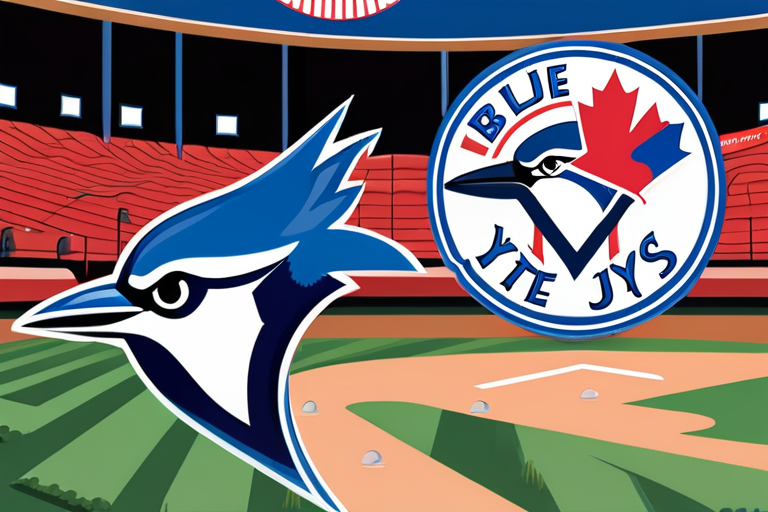
 Hoppi
Hoppi

 Hoppi
Hoppi
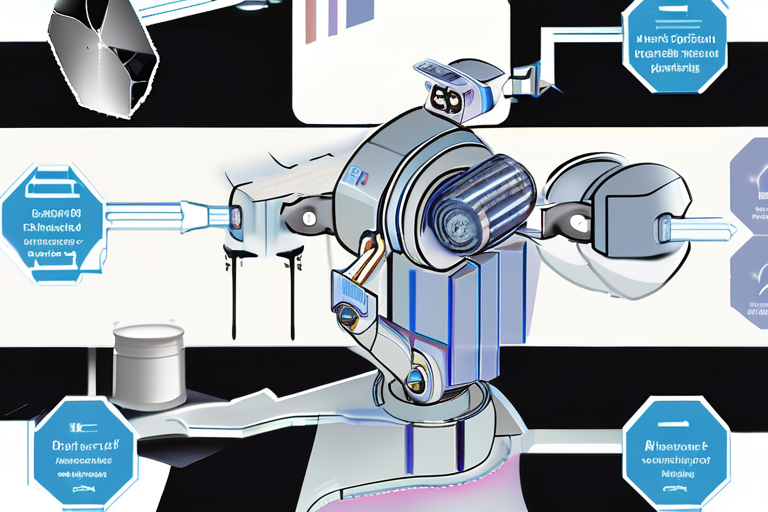
 Hoppi
Hoppi
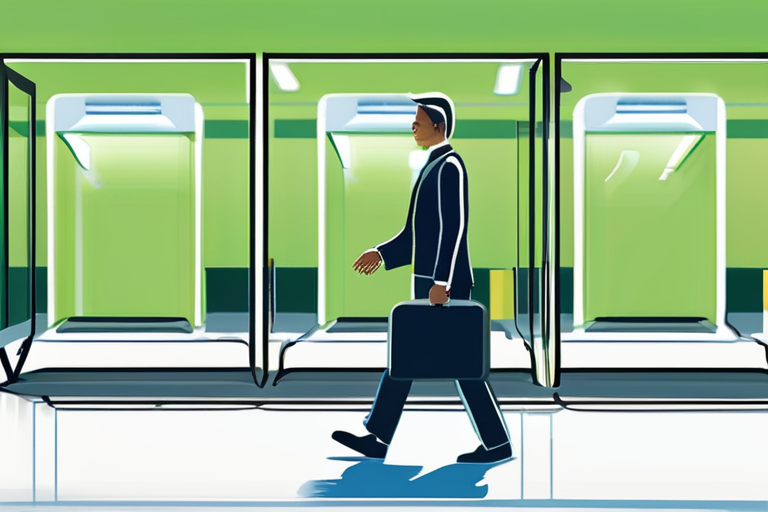
 Hoppi
Hoppi
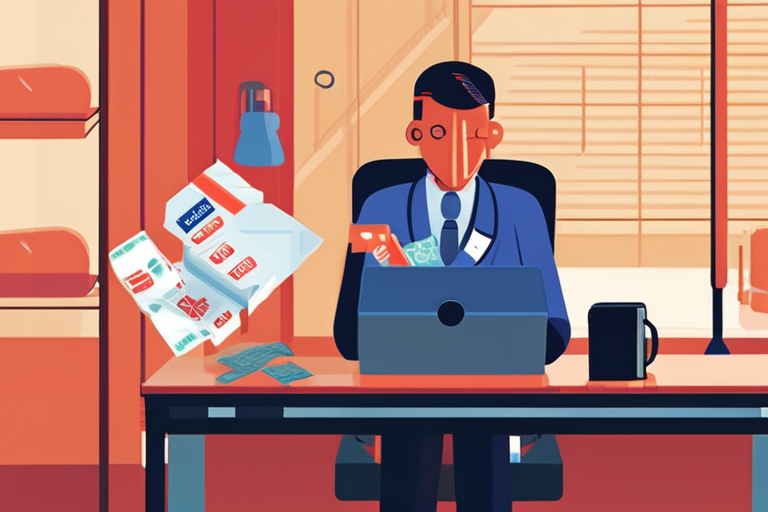
 Hoppi
Hoppi
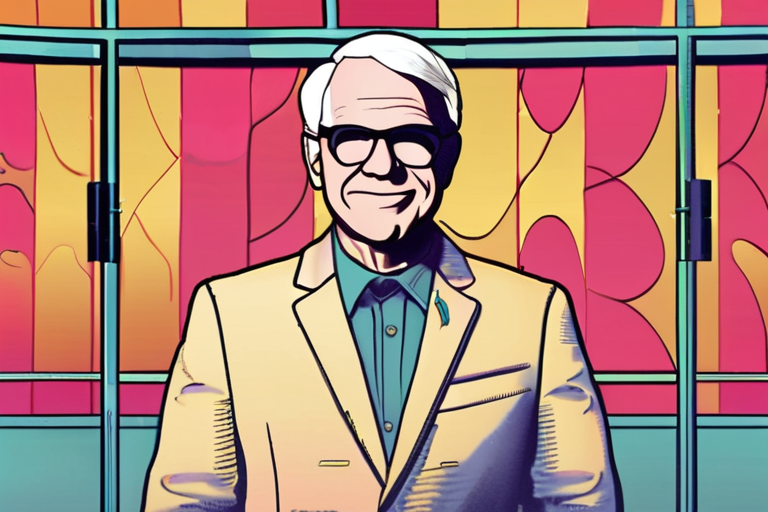
 Hoppi
Hoppi

TORONTO BLUE JAYS BEAT YANKEES IN GAME 4 OF AMERICAN LEAGUE DIVISION SERIES The Toronto Blue Jays' victory over the …

Hoppi

CORRECTION TO A KEY STUDY ON DNA REPLICATION A recent correction to a study published in the journal Nature has …

Hoppi

Breakthrough in Materials Discovery: Researchers Unveil Multimodal Robotic Platform A team of scientists has developed a groundbreaking multimodal robotic platform …

Hoppi

The Geoeconomic Turn in Decarbonization: A New Era of Competition and Cooperation In a significant shift from international cooperation on …

Hoppi

Healthcare Providers and Debt Collectors Biting into Paychecks: The Alarming Rise of Medical Debt A growing number of Americans are …

Hoppi

STEVE MARTIN CANCELS COMEDY SHOWS DUE TO COVID DIAGNOSIS Comedian Steve Martin was forced to cancel two nights of his …

Hoppi